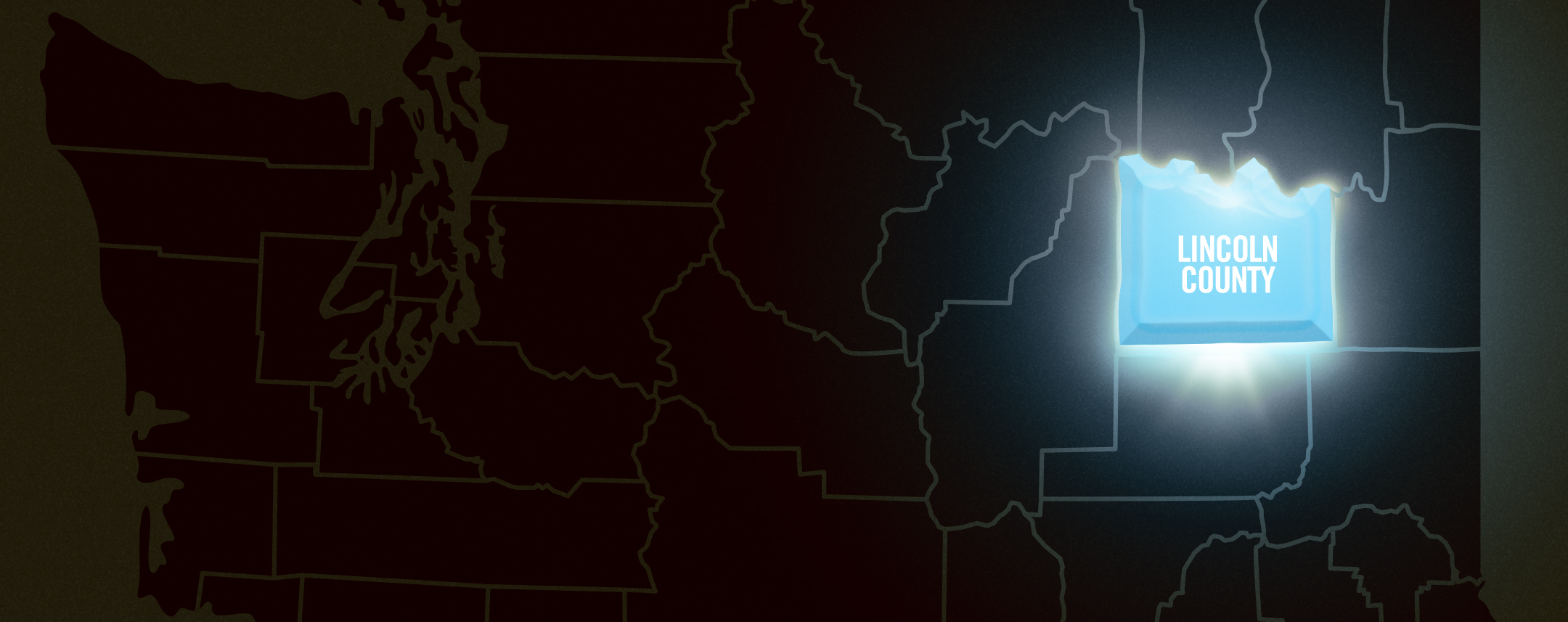For years, cities and counties across Washington have entertained having transparent collective bargaining negotiations. But every time the idea comes up, unions bully cities and counties into submission by threating them with expensive lawsuits and political blowback. Last month, Lincoln County stood up to the union bullies and passed the first resolution in Washington stating they will open future public employee contract negations to public scrutiny.
As is typical in the protection racket, the Teamsters showed up at the next public meeting to attempt to threaten and coerce the Commission into reversing its pro-transparency action.
For once, however, the unions underestimated the fortitude of the public servants they were dealing with. Lincoln County residents have three commissioners who have committed themselves to faithfully serving the public—not union bosses.
Shortly after the meeting, the Teamsters quickly filed two “unfair labor practice” complaints against Lincoln County. The Teamsters paid high-priced Seattle lawyers to scheme up silly attacks on the Commission’s pro-transparency reform.
But the Lincoln County Commission is going to stand its ground, and defend its citizens’ right to know what happens in public employee collective bargaining negotiations.
Nearly everyone effected by the contract negotiations believe in open meetings; except those with something to hide. Sometimes the secretive people are your elected officials. Other times it is Big Labor. Government transparency is wildly popular with Washingtonians and journalists alike. The results of a recent Freedom Foundation-sponsored public opinion poll asking Lincoln County voters whether they support the transparency resolution are eye-popping.

Question asked: “Your local Lincoln County Commissioners recently passed a transparency resolution opening government contract negotiation meetings, to the public. Do you support or oppose the actions taken by the commission to bring more transparency to your local government?”
Other periodicals agree with Freedom Foundation’s position. The Seattle Times believes the “The public needs to know if the state drives a hard bargain with its public-employee unions. “The Tri-City Herald agrees: “…labor negotiations should be open to public scrutiny.”
Even the Department of Justice thinks open meetings are a good idea:
“Notes obtained through a public records request—show the Department of Justice, director of the Office of Professional Accountability (OPA), the OPA Auditor, the Community Police Commission (CPC), and the OPA Review Board agreed that the collective bargaining process should be made public.” The Stranger
Lincoln County may have been the first to open its doors. But now that the gates have been opened, a wave of cities and counties should follow suit in 2017.
The taxpayers—and the represented union members—deserve to know how their hard-earned dollars are being spent.
The question now is, who will be next to open their doors to the public?











